 (3 / 5)
(3 / 5)
The debut album from Manchester-based duo Alive In Theory – Kirsty Mac and Paul Ayre – has been a long time coming. The pair met a decade ago when multi-instrumentalist Paul re-located from his home city of Newcastle, and while performing in a Manchester bar, was asked by an impressed Kirsty if he wrote his own music.
Soon after, Paul and singer-songwriter Kirsty were penning lyrics and arrangements for various progressive rock bands, but they always had their sights set on their own project. Fast forward 10 years later to the present day and “Abandon” is the product of their musical partnership, Alive In Theory.
Born of their collective influences – from Kate Bush, Muse, Peter Gabriel and Radiohead, to jazz and classical, Bat For Lashes, Sia, Lana Del Rey and with a shared appreciation for John Grant; the result is described by them as “an alternative pop overture.”
Joined by their producer and multi-instrumentalist Tony Draper (who played bass, Hammond organ, piano and keyboards here); they have crafted an 11-track electro-pop album – each track written, composed, played and recorded by the three of them. The album was recorded at Parr Street Studios, Liverpool, Peter Gabriel’s Real World Studios in Wiltshire and Avatar Studios in New York.
It opens with the title track, perhaps reminiscent of a softer Evanescence, with Kirsty’s vocals touching on those of Amy Lee. This cut could well appeal to a mainstream audience, introducing a younger generation to an old-school sound that’s maybe new to them.
The lyrical style seems to have focus on the sound of words and the flow, rather than deep lyrical content. The lyrics don’t appear to commit to any particular direction or theme. The album is fairly dynamic; an electro-pop style with the addition of pop ballads. Largely dark in its tone, there seems to be a tone of ‘loss’ lurking under the surface.
A heavy Kate Bush influence permeates some songs more than others; songs like “Crying Shame” and “Unconditional” have a slightly more mature sound. The album does hit a mood-specific tone with tracks such as “We Are All Alone,” paving the way for the sombre soundtrack that life sometimes calls for. “Enter The Real World”, one of the more upbeat and brighter tracks of the album is reminiscent of the type of soundtrack music you might hear on a nineties television show.
Songs like “Crying Shame”, seem to be slightly over-mixed. An opinion on production values is largely subjective, however the effects used on some of the vocals seem quite heavy; and a ‘less is more’ approach might well have resulted in a rawer, unfiltered sound on Kirsty’s voice, allowing for space to create more feeling across the album. For me, “Abandon” is like having an eerie dream. A dream not easy recalled or to have been heavily affected by.
By Aisha Afifah
 (1 / 5) ‘Dull Zone’
(1 / 5) ‘Dull Zone’ (2 / 5) ‘OK Zone’
(2 / 5) ‘OK Zone’ (3 / 5) ‘Decent Zone’
(3 / 5) ‘Decent Zone’ (4 / 5) ‘Super Zone’
(4 / 5) ‘Super Zone’ (5 / 5) ‘Awesome Zone’
(5 / 5) ‘Awesome Zone’



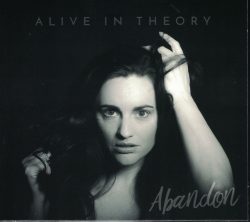
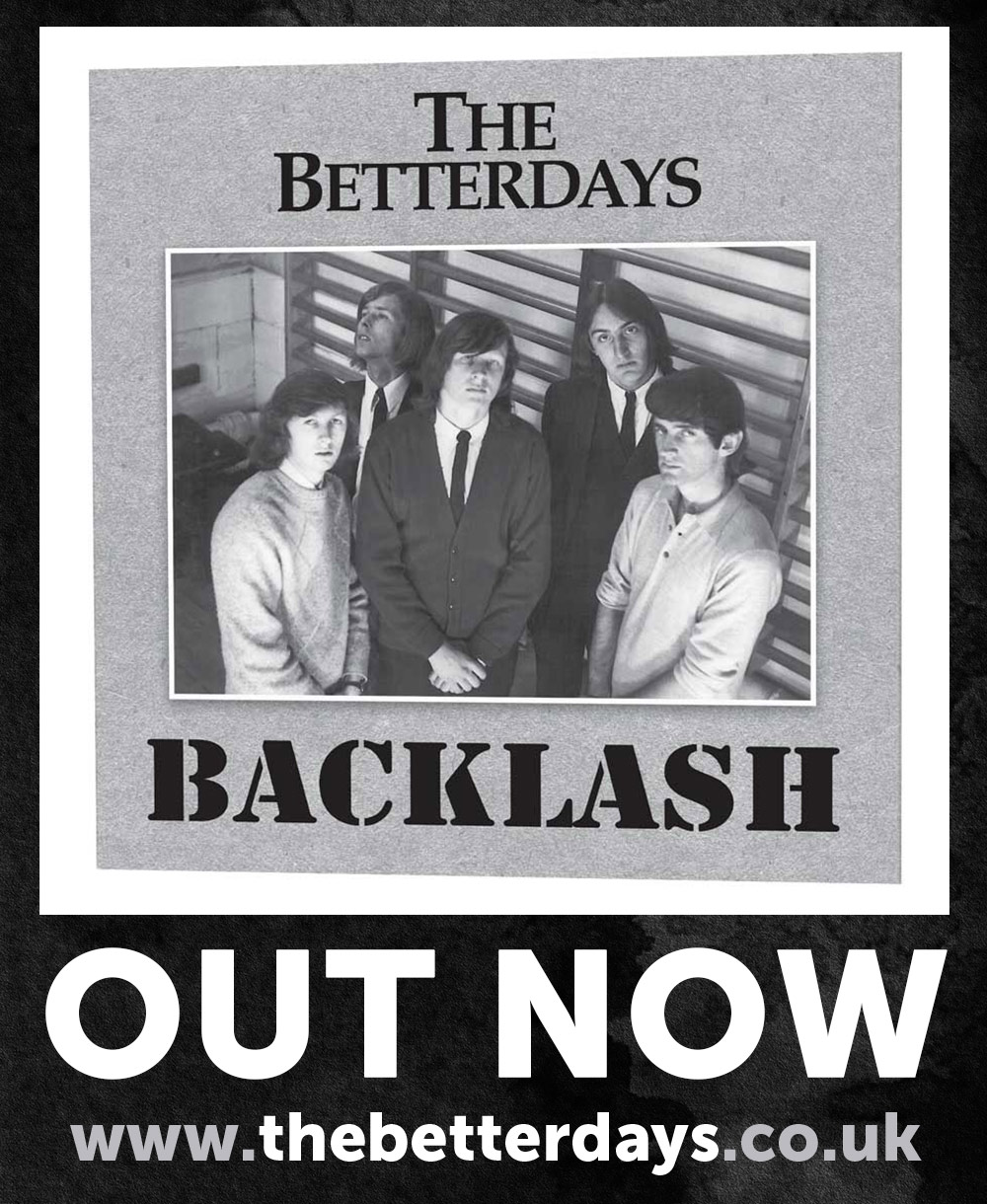

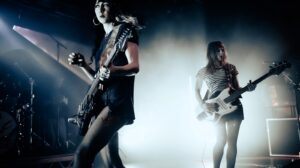

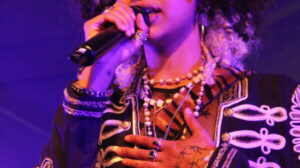


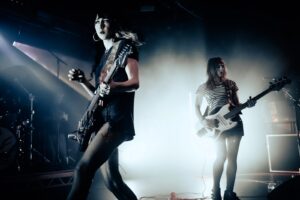
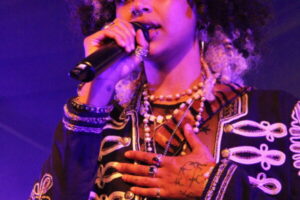


Recent Comments